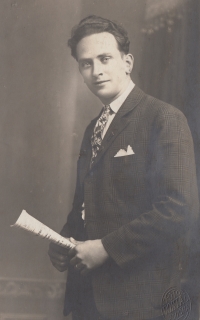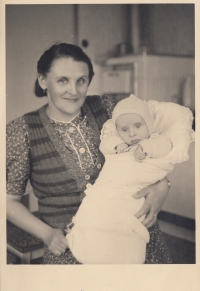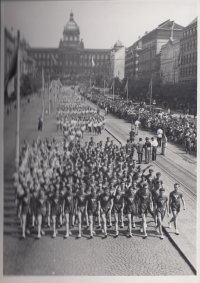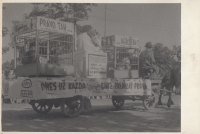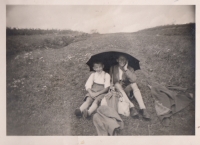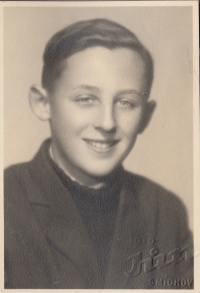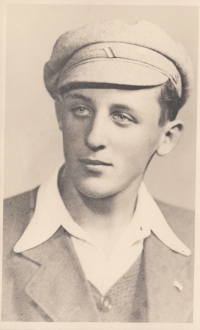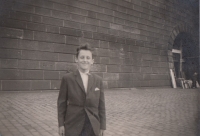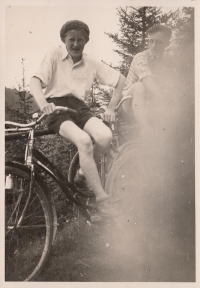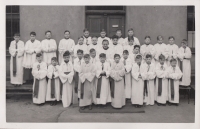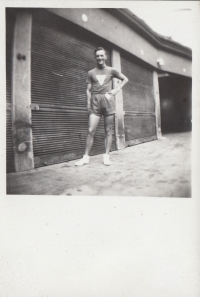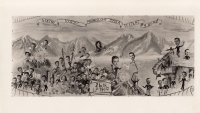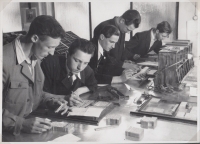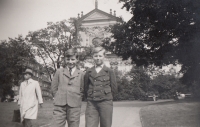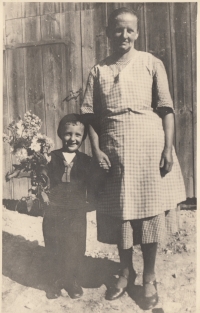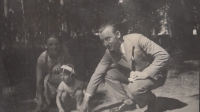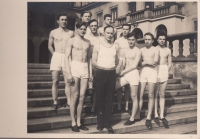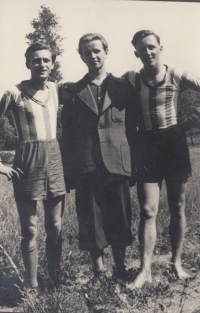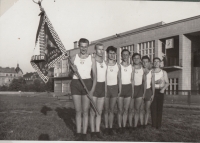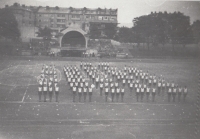He was supposed to marry the daughter of a factory owner who however was shot by partisans without a trial
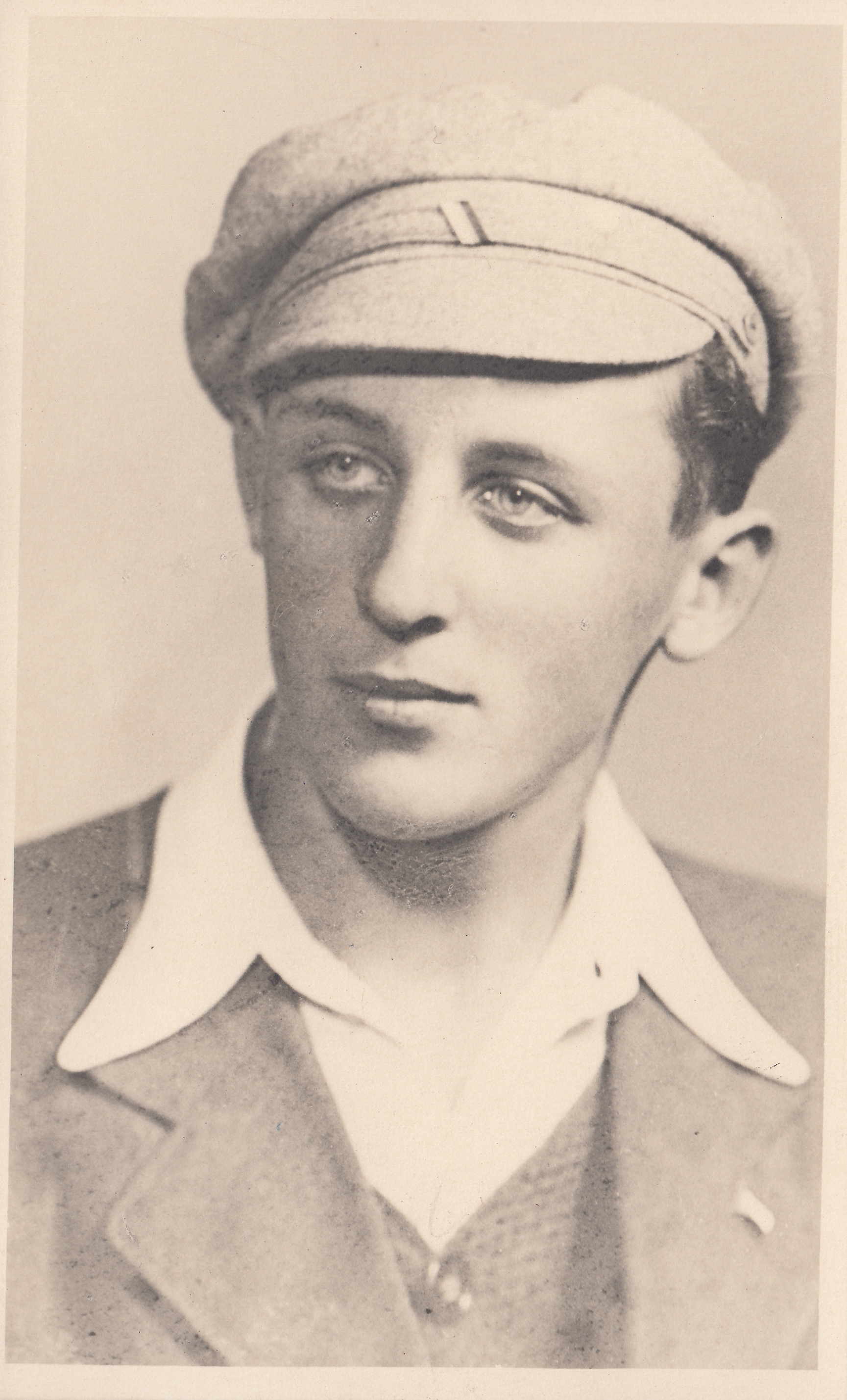
Download image
Zbyněk Unčovský was born on July 19th 1930 in a small town Bystré in the Vysočina Region. He enjoyed visiting his grandparents who lived in a gamekeeper’s lodge in nearby Rohozná. He helped them when they had to move in a hurry due to the Munich Dictate as well. After finishing primary school, he started to study at the Archbishop Grammar School in Prague and after its dissolution he studied at the Jirásek Grammar School in Resslova Street. In this place, he witnessed the shooting during the dragnet for the paratroopers hidden in the crypt of the Saints Cyril and Methodius Cathedral in June 1942. At the end of the war, he moved back to Bystré. He was supposed to transfer to a textile school in Brno and then he should have started to work in Josef Čipera’s textile factory in Bystré. These plans foundered after the killing of the factory owner by partisans. Nevertheless, Zbyněk Unčovský graduated from the Secondary Industrial Textile School. He engaged in sports, took part in Sokol public exercise routines and during his compulsory military service in 1951–1953 he served in Military Sports Club. As an amateur actor he together with his father joined the shooting of the movie All My Compatriots directed by Vojtěch Jasný.
